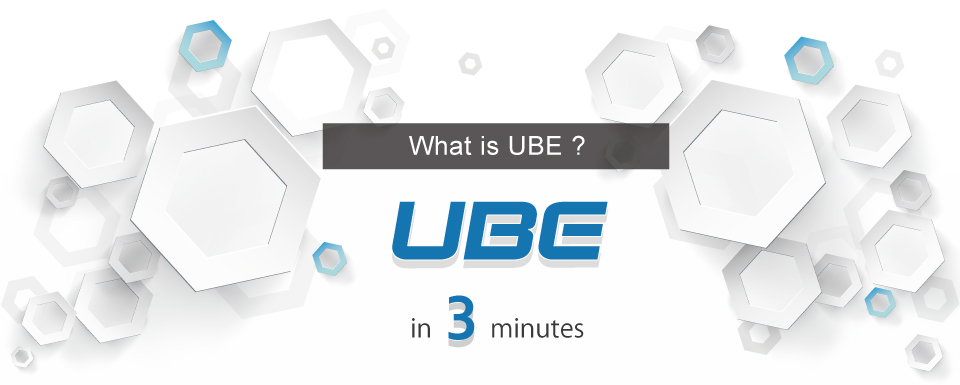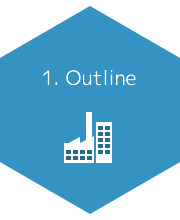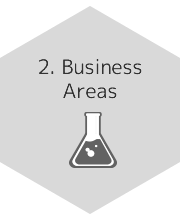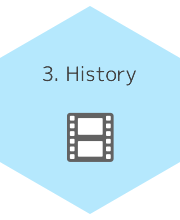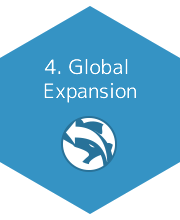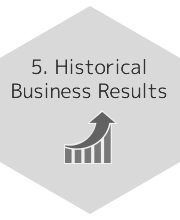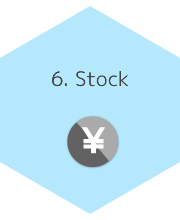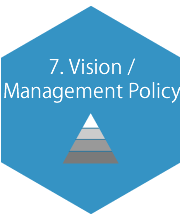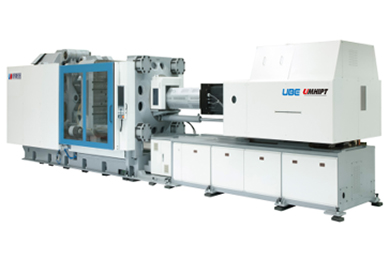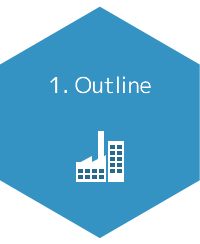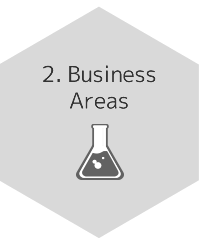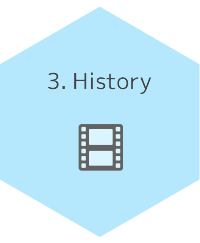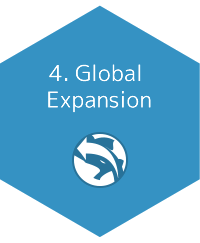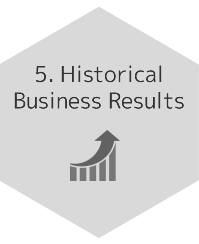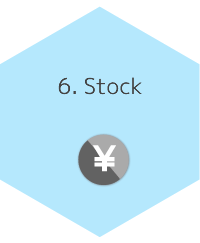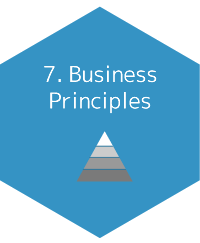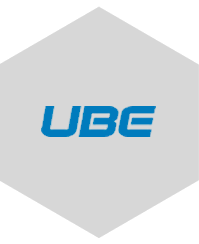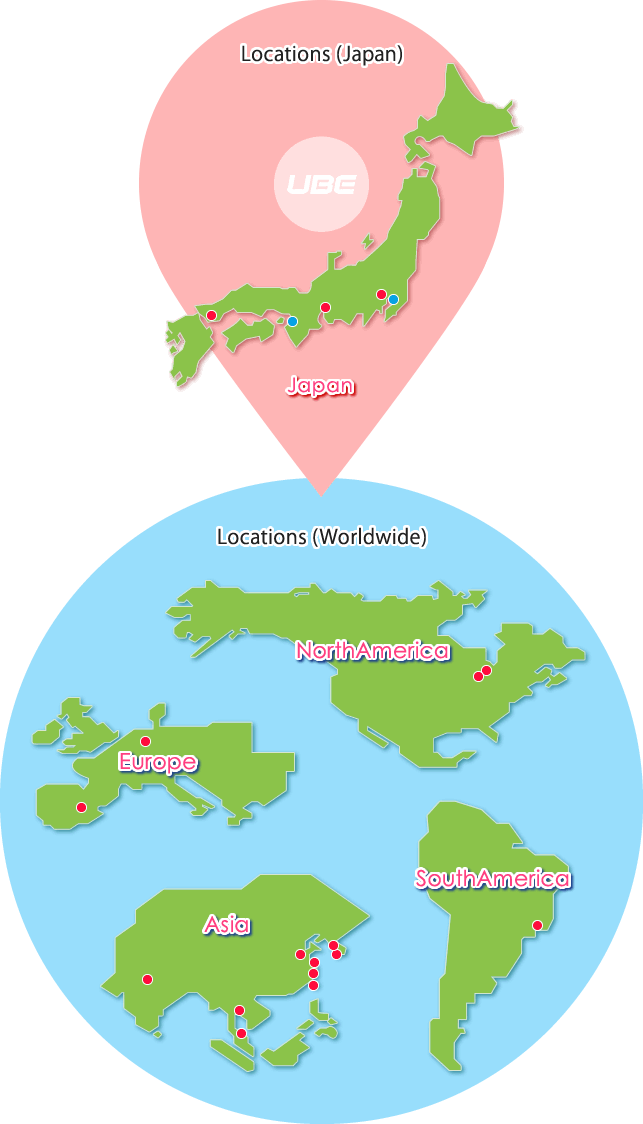1.Outline
UBE makes a wide variety of products including chemicals and molding machines. The Chemicals business is expanding from basic chemicals to high-functional products in advanced fields. Founded in 1897 in Ube City, Yamaguchi Prefecture, today the company provides products and services from plants and offices in Japan and around the world.
| Corporate Name | UBE Corporation |
|---|---|
| Accounting period | March 31 |
| Locations | Seavans North Building, 1-2-1, Shibaura, Minato-ku, Tokyo 105-8449, Japan |
| Stock exchanges | Tokyo [Code: 4208] |
| President | Masato Izumihara |
| Capital | 58.4 billion yen (As of March 31, 2023) |
| Number of employees | Consolidated 8,028 Non-consolidated 2,216 Fiscal year ended March 31, 2023 |

2.Business Areas
The UBE Group is engaged in various products centering on the chemical business. (As of March 31, 2023)
Specialty Products
- Polyimide
- Separation membrane
- Lithium-ion battery materials (separator)
- Ceramics, other
Net sales 62.2 billion yen
Operating profit 10.5 billion yen

Polyimide used in various display materials

Polymers & Chemicals
- Composite / nylon polymer
- Caprolactam and ammonium sulfate
- Industrial chemicals
- Fine chemicals* / high-performance coating
- Elastomer (synthetic rubber), other
* High-purity chemical products produced in small quantities for special applications.
Net sales 293.4 billion yen
Operating profit 2.4 billion yen

Nylon polymers contributing to
the advancement of food packaging

3.History
The history of the UBE Group goes back to the founding of the Okinoyama Coal Mine in Ube City, Yamaguchi Prefecture with the establishment of a silent partnership. The Group continues to evolve with the times and adapt to structural changes in industry.
Okinoyama Coal Mine is established as a silent partnership.
Founded to develop an undersea coalfield in the Ube area. Its industrial facilities in the Ube area are built on land filled with soil dug from coal mines. The Coal Business continues today at Mitsubishi UBE Cement Corporation.
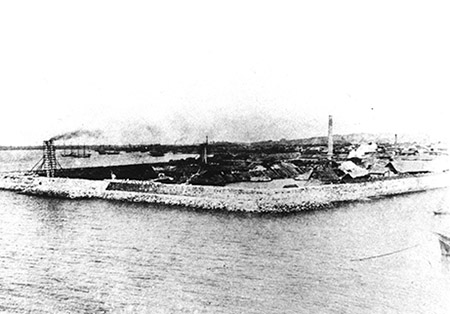
Ube Shinkawa Iron Works is established as a silent partnership.
Precursor to the Machinery Business that was started to manufacture and maintain coal mining machinery. Currently, UBE Machinery Corporation is in the Machinery Business.
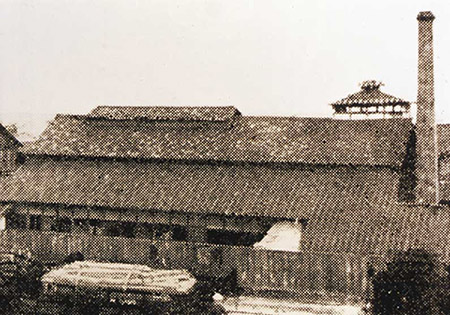
Ube Cement Production, Ltd. is established.
Precursor to the Cement-Related Business that was started to capitalize on rich limestone deposits in the Ube area. Currently, Mitsubishi UBE Cement Corporation is in Cement-Related Business.
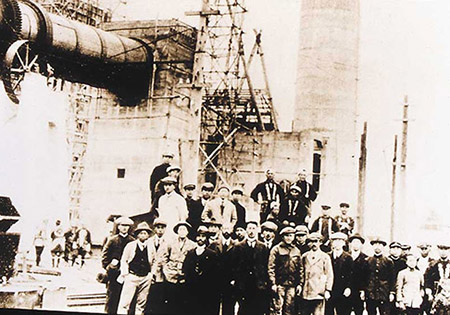
Ube Nitrogen Industry, Ltd. is established.
Precursor to today's Chemical Business that was started to manufacture ammonium sulfate as a chemical fertilizer, using coal as a raw material.
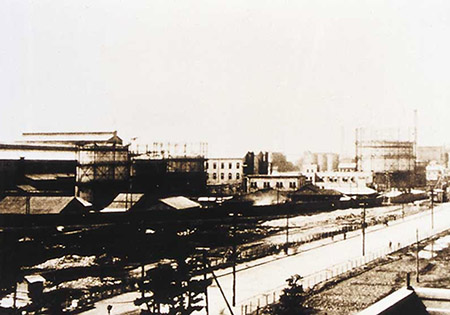
Central Research Laboratory (now Pharmaceuticals Research Laboratory) is established.
Ube Caprolactam Factory is established
Sakai Factory is established.
Polymer Laboratory (now Future Tech Laboratory) is opened.
Polybutadiene plant is built in Chiba.(now UBE Elastomer Co. Ltd.).
Capital participation in Spain PQM (now UBE Corporation Europe, S.A.U.)
Thai Caprolactam Public Co., Ltd. and Ube Nylon (Thailand) Ltd. (now UBE Chemicals (Asia) Public Company Limited) open for business.
Ube Machinery Corporation is established.
UBE Industries India Private Ltd. is established.
LOTTE UBE Synthetic Rubber SDN. BHD. is established.
UBE Mexico S.de R.L. de C.V. is established.
Osaka Research & Development Center is established.
Change trade name to UBE Corporation
Ube Industries Ltd. and Mitsubishi Materials Corporation merged their cement businesses and established Mitsubishi UBE Cement Corporation (MUCC).
Ube Industries Ltd. and Mitsubishi Materials Corporation merged their cement businesses and established Mitsubishi UBE Cement Corporation (MUCC).

4.Global Expansion
The UBE Group operates a global network of plants and sales offices that supply high-quality products and services. In Japan, the Group has plants in Ube City (Yamaguchi Prefecture), Ichihara City (Chiba Prefecture), and Sakai City (Osaka Prefecture). Overseas, the Group has major manufacturing facilities in Spain and Thailand, as well as sales offices in China, the U.S., and other parts of the world.
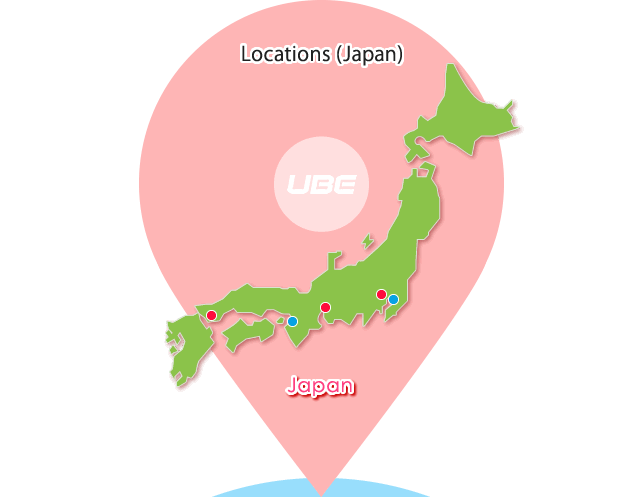
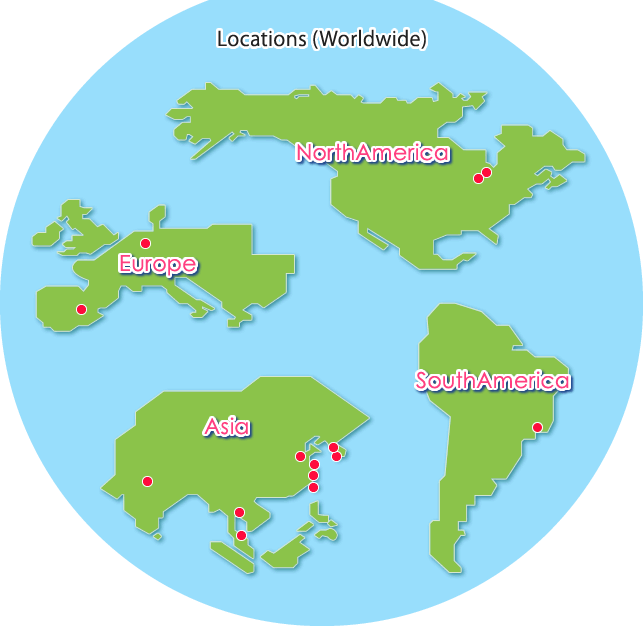
5.Historical Business Results
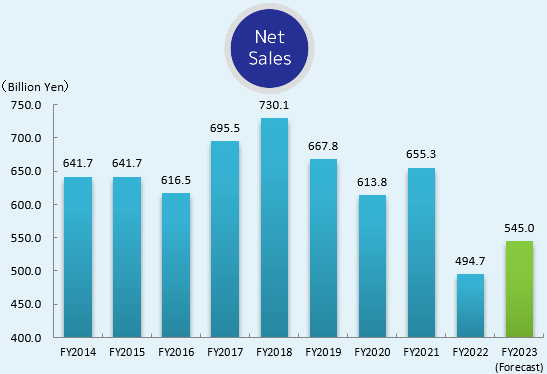
The Corporate Group will adopt the “Accounting Standard for Revenue Recognition” (Accounting Standards Board of Japan, No. 29) from the beginning of the fiscal year ending March 31, 2022.
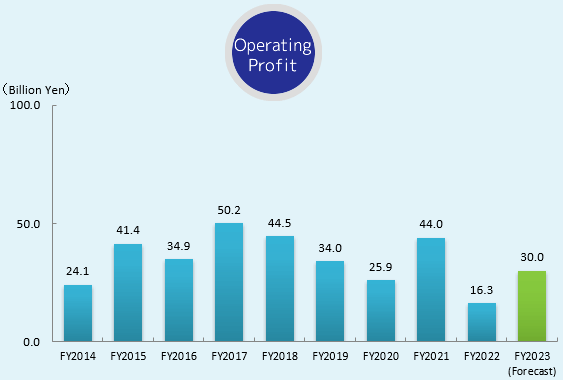
In accordance with the integration of the cement-related business into an equity-method affiliate from FY2022, net sales and operating profit decreased.

6.Stock
| Transfer agent and share registrar and account management institution for special accounts | Mitsubishi UFJ Trust and Banking Corporation Address: 1-4-5 Marunouchi, Chiyoda-ku, Tokyo, Japan |
||||||||||||||||||||||||
|---|---|---|---|---|---|---|---|---|---|---|---|---|---|---|---|---|---|---|---|---|---|---|---|---|---|
| Number of shares | Total issuable shares: 330,000,000 Total shares issued: 106,200,107 (including treasury stock) |
||||||||||||||||||||||||
| Number of shareholders | 71,657 (As of March 31, 2023) | ||||||||||||||||||||||||
| Shareholder composition | 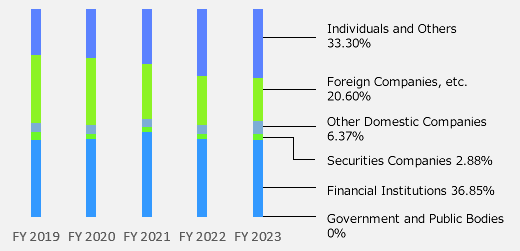 |
||||||||||||||||||||||||
| Historical dividend per share |
|
7.Vision / Management Policy
| Founding Principles | "Coexistence and mutual prosperity", "From finite mining to infinite industry" |
|---|---|
| UBE Corporate Philosophy | Pursue technology and embrace innovation to create value for the future and contribute to social progress |
| UBE Management Principles | 1. Ethics 2. Safety and Security 3. Quality 4. People |

